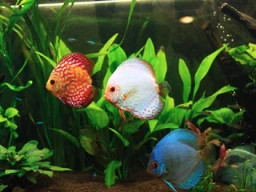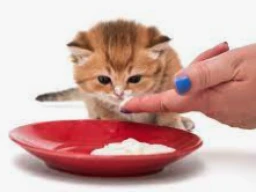
Weaning Cats off Milk, Substitutes, Timing, and Considerations
Successfully weaning kittens off milk involves gradual introduction of suitable substitutes such as kitten formula and wet kitten food, starting around 4-6 weeks of age.
Read more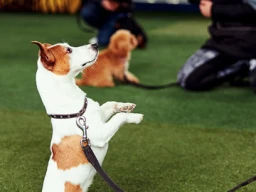
Where to train your Puppy Home or Away
One of the major benefits of home training is that it is private so you and your trainer can focus on the things you particularly want your puppy to focus on
Read more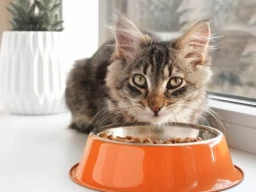
Veterinarian prescribed cat food, why?
Veterinarian-prescribed cat food, often referred to as prescription or therapeutic diets, serves specific nutritional purposes and is recommended for cats with various health conditions.
Read more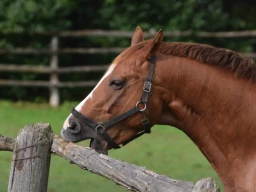
Horse Behaviourists
Overall, becoming a horse behaviourists requires a deep understanding of equine behaviour and welfare, as well as specialised training in behaviour modification techniques.
Read more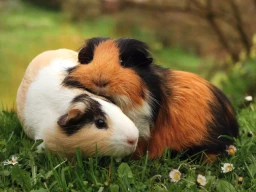
What age is appropriate to own a Guinea Pig
Guinea pigs can make excellent pets for people of all ages, but they are particularly well-suited for families with children.
Read more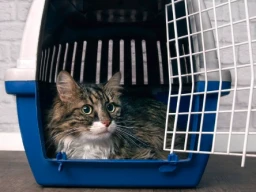
Traveling with my cat
Traveling with your cat can be a bit stressful for both you and your feline friend, but with the right preparation and precautions, it can be a safe and enjoyable experience.
Read more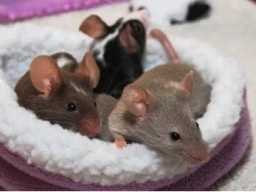
Mice as Pets
Mice are trainable, and can be trained to be disciplined as well as how to handle food
Read more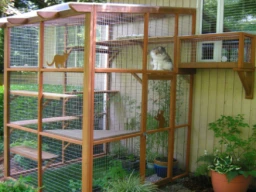
Building a Catio
Ideally, you should choose a location that provides plenty of natural light and fresh air, while also keeping your cat safe and secure.
Read more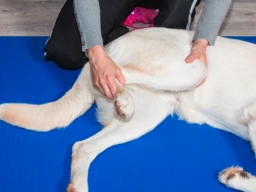
Physiotherapists for dogs
Veterinary physiotherapy can be a valuable tool in enhancing your dog's overall health and well-being when used in conjunction with traditional veterinary care.
Read more
Delightful Delicacies: A Guide to Puppy Treats and Milk
Opt for treats that are small in size and easy to chew, especially for younger puppies with developing teeth and jaws.
Read more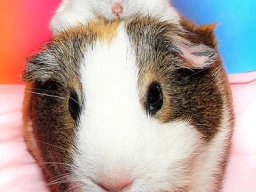
Guinea Pigs or Hamsters which would work best for me
The choice between a hamster and a guinea pig depends on your preferences, living situation, and the level of interaction you desire with your pet
Read more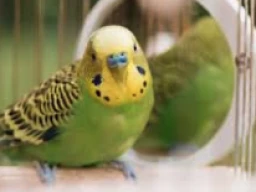
INDOOR BIRDS
Purchasing the correct indoor bird cages & aviaries along with the appropriate toys and food will help to ensure that your pet bird becomes a family member
Read more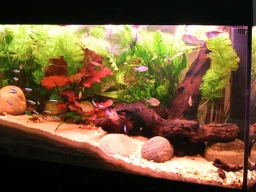
How to set up a Tropical Fish Tank
Remember, it's important to research the specific care requirements of any fish species you plan to keep and ensure that they are compatible with each other.
Read more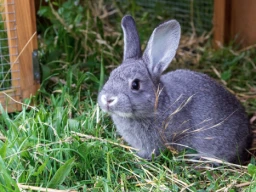
What is the Best Hutch for my Rabbit
An indoor rabbit still needs a hutch to feel safe and secure but, if this is not an option then make sure you create an area for beds & hideaways.
Read more
What to feed my Horse and Pony
It is important to consult with a veterinarian or equine nutritionist to determine the most appropriate feed and grain options for your individual horse or pony based on their age, breed, weight, and activity level.
Read more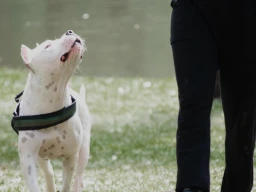
Why do you need an animal behaviourist and how do you go about finding the correct one.
Remember that animal behaviorists often work in collaboration with veterinarians to ensure a holistic approach to your pet's well-being.
Read more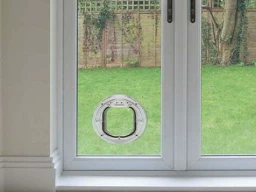
Cat Doors vs Dog Doors
Some modern pet doors come with electronic features, allowing them to open only for pets wearing a specific RFID collar or microchip
Read more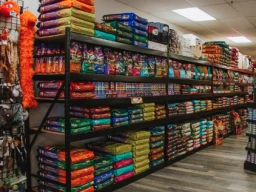
Pet Stores
When purchasing a pet it is important to make sure that the pet store you choose to use is one you feel confident and comfortable with.
Read more
Unlocking the Mysteries of Animal Communication and Healing
One of the most remarkable aspects of animal communication is its ability to transcend language barriers.
Read more